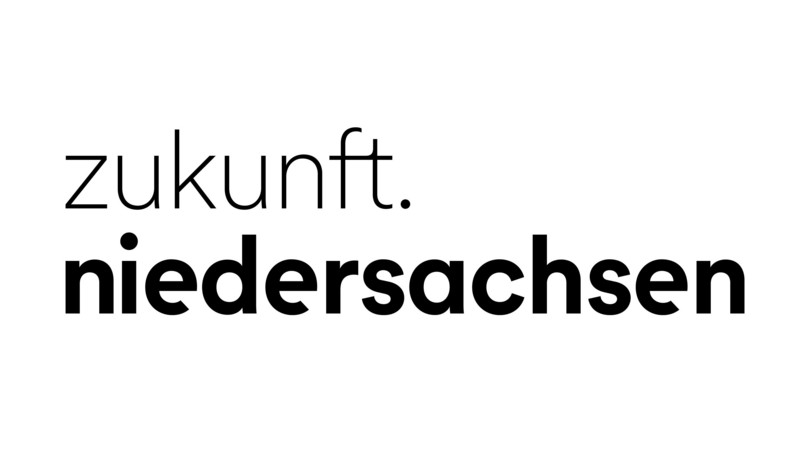The interdisciplinary research initiative explores a specific socio-historical experience characteristic of today’s globalised societies: the appearance of disruptiveness as a central feature of social being. This experience, which has recently been described in terms of ‘permacrisis’, ‘polycrisis’ or ‘Zeitenwende’, did not emerge with the COVID-19 pandemic, the Russian invasion of Ukraine or even the multiplying anthropocenic destructions, resource shortages, supply chain disruptions and market collapses.
Rather, contemporary forms of experiencing and acting in what seems to be a permanent mode of crisis express a momentous intensification of the experience of rupture already constitutive of modern societies, yet now divested of the containing and sublating representations typical for modernity, such as progress and emancipation, and without the horizon of an open future. With the acceleration of technology and capital in the second half of the twentieth century, societies have been increasingly confronted with breaks, discontinuities and uncertainties – to which, in turn, they tend to react in a mode of rupture. It is this immanence of disruptiveness, which determines the forms of experience and worldmaking in contemporary societies, that we seek to grasp as a disruptive condition. The research initiative aims to critically describe the various phenomena that pertain to this condition, their implications and potential transgressions.
Our initiative distinguishes four research areas dedicated to the different practices, forms and discourses that we consider characteristic of living in and experiencing the disruptive condition:
The research initiative at the Leuphana Center for Critical Studies (CCS)
The interdisciplinary research initiative is an integral part of the Leuphana Center for Critical Studies (CCS). The centre bundles the interdisciplinary research of Lüneburg Cultural Studies on the basis of relevant topics and connects it with research efforts from other faculties.
Link to: Center for Critical Studies (CCS)
Research Assistants
Carlotta Anna Maria Frass: Carlotta.A.M.Frass@stud.leuphana.de
Thies Maarten Ole Petersen: Thies.M.O.Petersen@stud.leuphana.de






